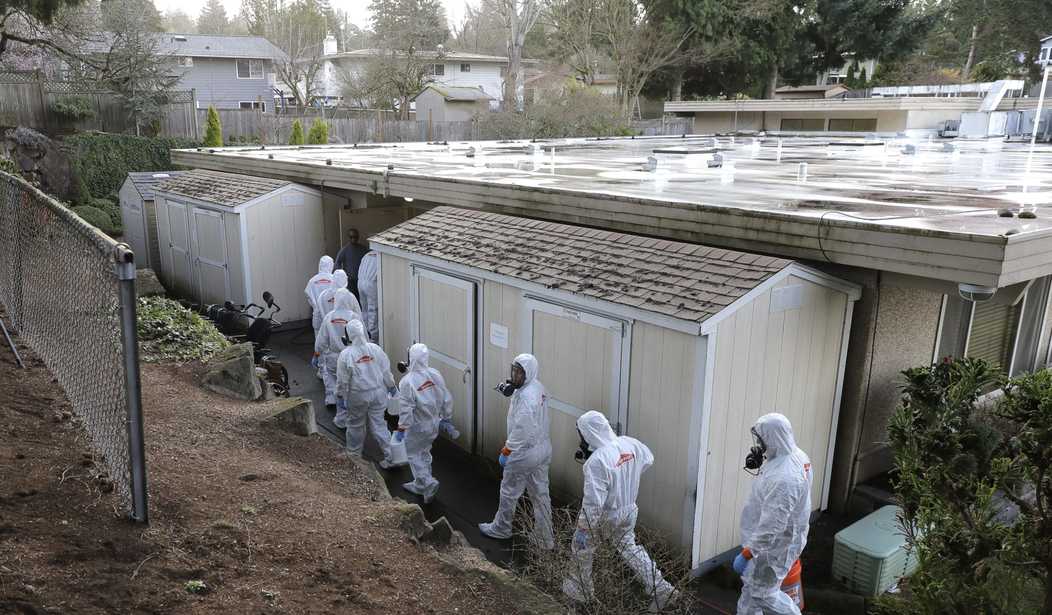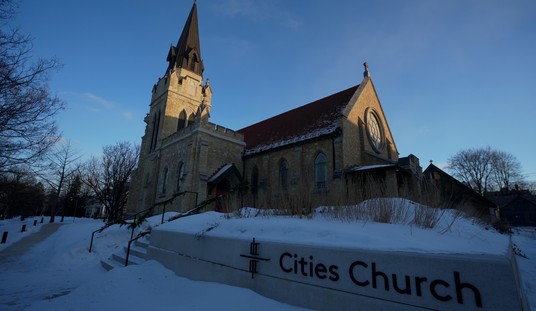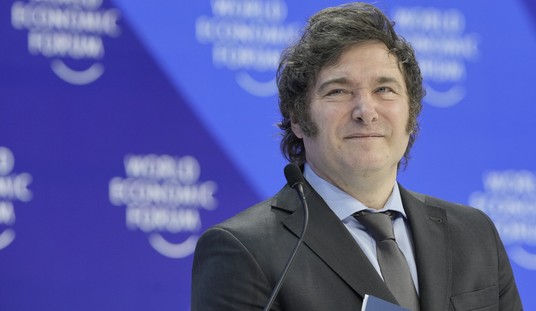Sports leagues and teams across the globe have struggled to react to the coronavirus outbreak. Confusing information about the illness, combined with contradictory orders from cities and states, have blurred the lines between an effective response and overreaction.
Ohio has just announced that the NCAA basketball tournaments it hosts will not allow fans in the arenas, per CBS Sports:
The First Four NCAA Tournament games slated for Dayton, Ohio will be played without fans in attendance, and the tournament game scheduled for Cleveland will likely be affected as well. This comes after Ohio governor Mike DeWine announced that mass gatherings will be prohibited in the state.
On Monday, March 9, the active sports leagues in North America — NHL, NBA, MLB, and MLS — temporarily closed their locker rooms to all non-essential personnel, including reporters. Meanwhile, several cities and states have banned gatherings of over 250, 500, or 1,000 attendees.
On Wednesday, San Francisco banned gatherings over 1,000, so the NBA will tell the Golden State Warriors to close the arena to fans in their upcoming game against the Brooklyn Nets:
The Warriors, league sources say, will be directed to play host to the Nets on Thursday night at Chase Center in a game CLOSED to fans
— Marc Stein (@TheSteinLine) March 11, 2020
The NBA has temporarily banned any player from the Chinese Basketball Association from signing with a team here. Talks continue among NBA leadership on whether to play more games in empty stadiums or possibly move games from cities with known cases to cities unaffected by coronavirus.
Also on Wednesday, Manchester City of England’s Premier League postponed its match against Arsenal FC after several Arsenal players reportedly came in contact with a club owner who tested positive for COVID-19. Arsenal said in a statement:
Following yesterday’s news that Olympiacos owner Evangelos Marinakis has recently contracted Covid-19, we have been taking medical advice and tracing any individuals who had what the guidelines define as close contact with him at the game 13 days ago.
As a result of this exercise we identified that a number of players met the Olympiacos owner immediately following the game.
The medical advice we have received puts the risk of them developing Covid-19 at extremely low. However, we are strictly following the Government guidelines which recommend that anyone coming into close contact with someone with the virus should self-isolate at home for 14 days from the last time they had contact.
As a result, the players are unavailable for tonight’s match against Manchester City and the Premier League has decided the game should be postponed.
Italy’s sports teams have been hardest hit, with that nation seeing the most cases of COVID-19 outside of China. All domestic sports have been halted until April 3, and international matches will be played with no fans in the stands.
The virus has affected plans for many college basketball teams. The regular season is currently near the end, and conference tournaments are set to start. The NCAA men’s and women’s basketball tournaments begin next week. These games are held at several sites around the country, complicating the decision-making process. Over eighty institutions have already announced the cancelation of classes or moving them to online-only courses. The Ivy League canceled its men’s and women’s basketball championship tournaments, awarding an automatic bid to the NCAA tournament to the regular-season winner. The Big West Conference announced that they would conduct their championship tournament without spectators in the stands.
For now, the NCAA tournaments will go on as planned. The NCAA created an advisory committee in early March to handle any coronavirus issues. The panel said in a statement:
The panel members believe that we need to better understand COVID-19 while continuing to work with local, state and federal health authorities such as the CDC. The key is for all stakeholders and athletes to practice risk mitigation at all events. At present the panel is not recommending cancellation or public spacing of athletic and related events scheduled to occur in public spaces across the United States.
Perhaps the most problematic sporting event could be the Summer Olympics coming up July 24 – August 9 in Tokyo. Per CBS:
The status of the games could be up in the air as late as May. By all accounts, it seems like the IOC is going to do all it can to keep the event going, given that a cancellation would result in losses of tens of billions of dollars and severe financial devastation for sports governing bodies that require Olympic income to survive.
Japan’s Olympic minister Seiko Hashimoto later clarified that the contract the IOC has with the country states the organization “has the right to cancel the games only if they are not held during 2020,” with no specific dates mentioned.
“This can be interpreted to mean the games can be postponed as long as they are held during the calendar year,” Hashimoto added.
Naturally, the IOC quickly put together a statement reiterating “full commitment to the success of the Olympic Games Tokyo 2020, taking place from July 24 to Aug. 9, 2020.”
The virus also affected the tennis world, as organizers announced that they were canceling the Indian Wells tennis tournament.
The 2020 BNP Paribas Open will not be held.https://t.co/BVKQmmcbth pic.twitter.com/CHOd0PgJeV
— BNP Paribas Open (@BNPPARIBASOPEN) March 9, 2020
This is obviously a very fluid situation. More changes are undoubtedly coming.
Jeff Reynolds is the author of the book, “Behind the Curtain: Inside the Network of Progressive Billionaires and Their Campaign to Undermine Democracy,” available now at www.WhoOwnsTheDems.com. Jeff hosts a podcast at anchor.fm/BehindTheCurtain. You can follow him on Twitter @ChargerJeff.










Join the conversation as a VIP Member